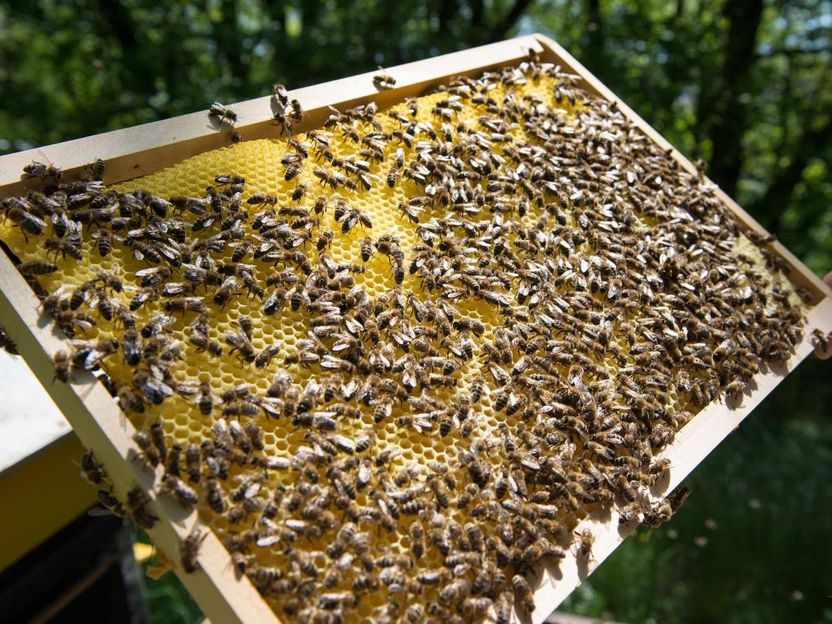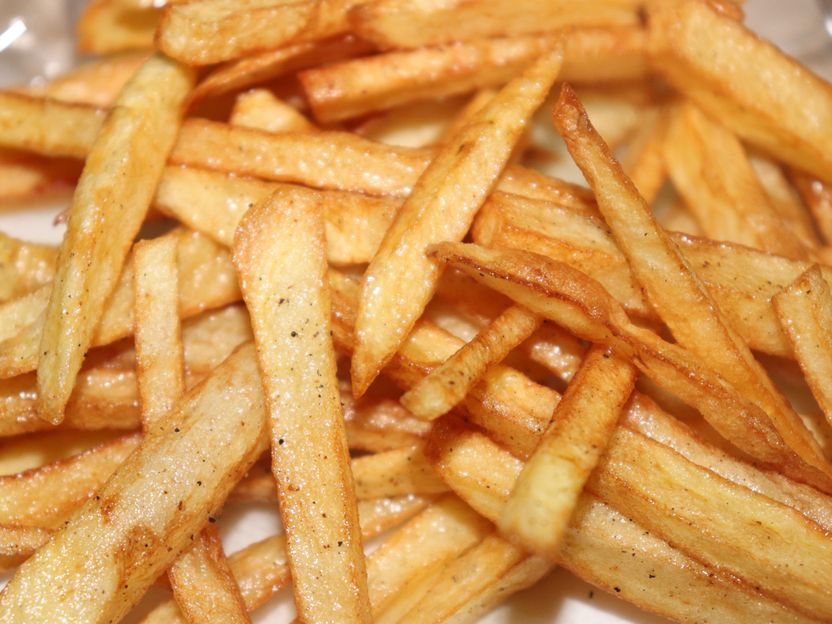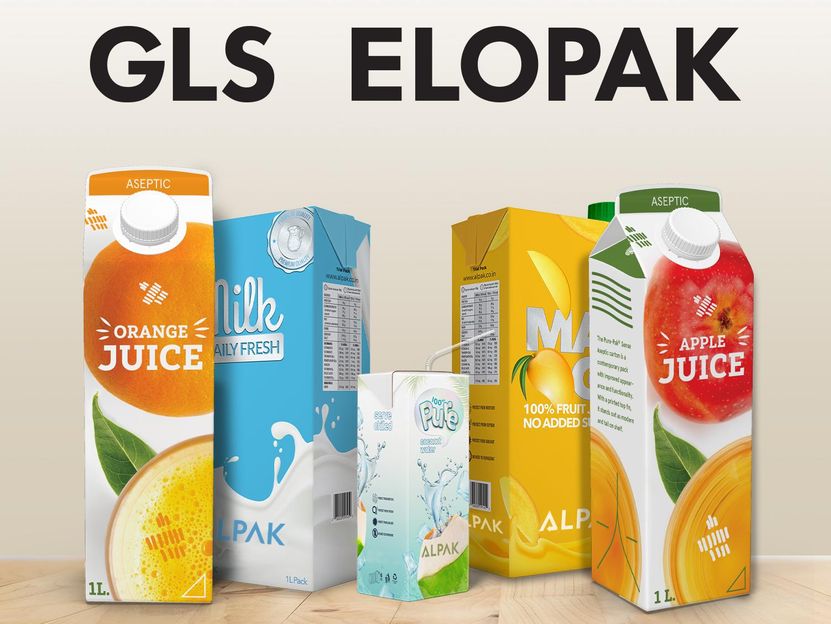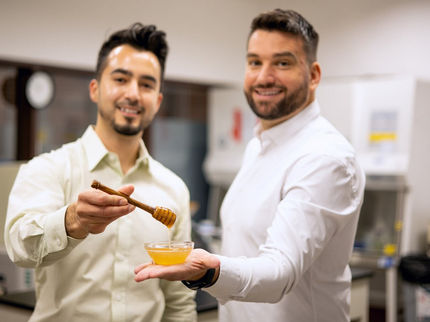Honey samples worldwide test positive for neonicotinoids
A global sampling of honey finds 75% to be contaminated with neonicotinoid pesticides. Of note, the concentrations detected are below the amount authorized by the European Union for human consumption. The situation is more bleak for pollinators, however. Widespread application of Neonicotinoids has been identified as a key factor responsible for the global decline in pollinators, particularly bees. Edward A.D. Mitchell et al. sought to explore the extent of exposure by testing 198 honey samples for five commonly used neonicotinoids: acetamiprid, clothianidin, imidacloprid, thiacloprid, and thiamethoxam. Samples were taken across all continents (except Antarctica), as well as numerous isolated islands. Overall, 75% of all honey samples contained at least one neonicotinoid; of these contaminated samples, 30% of contained a single neonicotinoid, 45% contained two or more, and 10% contained four or five. Concentrations were highest in European, North American, and Asian samples. While the authors emphasize that the concentrations of neonicotinoids were below levels that the EU authorizes in food and feed products, they do cite some emerging studies on the effects of neonicotinoids in vertebrates, such as impaired immune functioning and reduced growth, which may result in a re-evaluation of these restrictions. As for the effects on bees, 34% of honey samples were found to have concentrations of neonicotinoids that are known to be detrimental. These results suggest that a substantial proportion of world pollinators are probably affected by neonicotinoids. Christopher N. Connolly discusses these findings, and the implications of chronic exposure of bees to neonicotinoids, in a related Perspective.

Honeybees on a freshly built comb during the harvest season. This material relates to a paper that appeared in the 6 October 2017, issue of Science, published by AAAS. The paper, by E.A.D. Mitchell at University of Neuchâtel in Neuchâtel, Switzerland, and colleagues was titled, "A worldwide survey of neonicotinoids in honey."
Simon Rowell Photography
Most read news
Other news from the department science

Get the food & beverage industry in your inbox
By submitting this form you agree that LUMITOS AG will send you the newsletter(s) selected above by email. Your data will not be passed on to third parties. Your data will be stored and processed in accordance with our data protection regulations. LUMITOS may contact you by email for the purpose of advertising or market and opinion surveys. You can revoke your consent at any time without giving reasons to LUMITOS AG, Ernst-Augustin-Str. 2, 12489 Berlin, Germany or by e-mail at revoke@lumitos.com with effect for the future. In addition, each email contains a link to unsubscribe from the corresponding newsletter.
Most read news
More news from our other portals
Last viewed contents

WHO: Trans-fats continue to jeopardize health of billions

Warsteiner brewery grows significantly above market level - Sales in Germany and abroad up 9.2 percent

Dietary fibre powers the multivitamin factory in your gut - Luxembourg Institute of Health reveals critical link between fibre intake, gut bacteria, B vitamins and immune health

Zapp´s Potato Chips dare you - tempt your fate and tastebuds

Elopak and GLS Announce Joint Venture ‘GLS Elopak’ in India - Elopak and GLS have entered into a long-term strategic partnership to deliver sustainable packaging solutions to consumers across India


























































